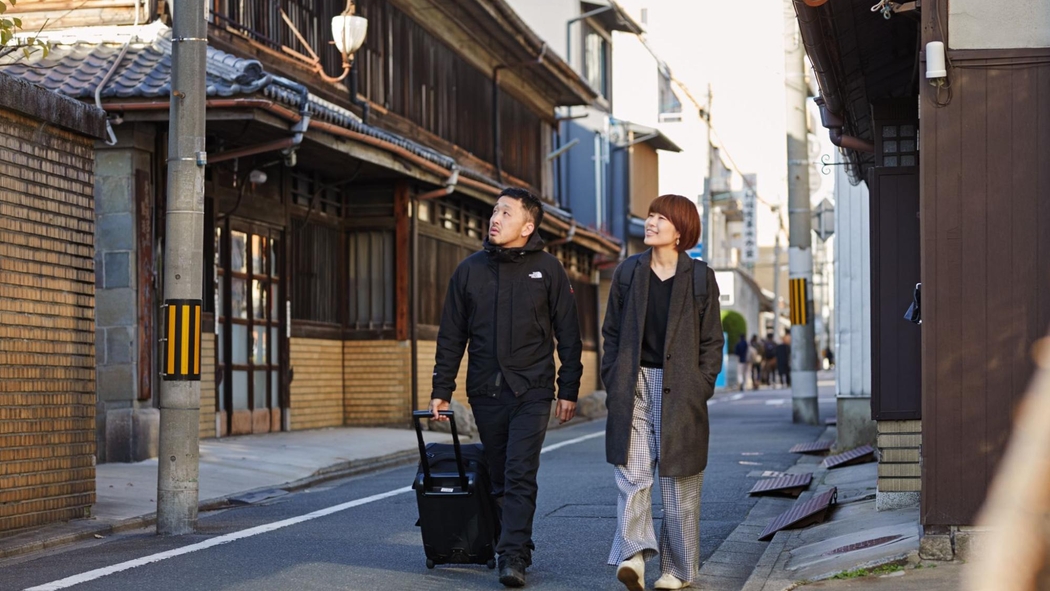Setting expectations with an accurate location
A listing’s location can play a big role in whether guests decide to make a reservation. And once guests are booked, they need your exact location for a seamless check-in.
Adding an accurate location
It’s vital that you display an accurate location on your Airbnb listing. It’s also a good idea to provide similar info in your listing description. “I describe in my description where the home is,” says Juliette, a Host Advisory Board member in Nairobi, Kenya.
You can only make changes to your address up until you accept your first booking. After that, you’ll need to contact Community Support for help.
Making sure guests can find your place
There’s no such thing as being too specific when it comes to directing guests to your place before check-in. Juliette shares her GPS coordinates with guests. She says she also shares exact details, such as the colour of her gate and what’s written on it.
Juliette also remains available around check-in, in case guests have any trouble finding the place. “Since they have our contacts, they normally call us with any issues,” she says.
You can add more info, such as details about the neighbourhood and parking, to your listing description. Along with the map, this can help guests know what to expect and give them confidence in their booking decision.
Choosing a general or specific location
You can choose how your location appears in Airbnb search results:
- General location: The map of your listing shows the area around it, within about a half-mile (less than 1 km) radius of the street address.
- Specific location: The map shows a pin on the nearest crossroad, but doesn’t mark the exact spot. You can drag the map until the pin points to the right location.
Guests don’t receive your street address until their reservation is confirmed. The default setting is for general location.
Adding more info
If guests have trouble finding your place, consider adding street numbers to your front door or better lighting along the driveway.
Sometimes, you might have to get a little creative. “Our mud houses are difficult to locate,” says Keshav, a Host Advisory Board member in New Delhi, India. “The street structure is a little different. You really need somebody to be able to take you there.”
Keshav has been troubleshooting how to make it easier for guests to check in without assistance. “We’ve started to think about how we can put up signage on the main street, a little board that is permanent,” he says.
Weighing your options
Your listing’s details, including location, help set guest expectations and answer their questions about whether your space meets their needs. This can give guests greater confidence in booking and help you avoid negative reviews.
For example, guests may want to estimate the distance to the nearest transport stop or confirm that your beachfront property is right next to the sand. Choosing to show a specific location in search results may make your place more appealing.
Meanwhile, keeping the general location setting can help you manage privacy and security concerns. Opting to show the area around your place in search results may give you and your guests greater peace of mind.
